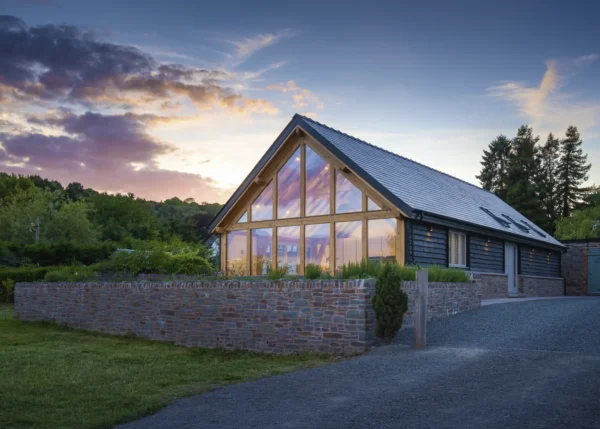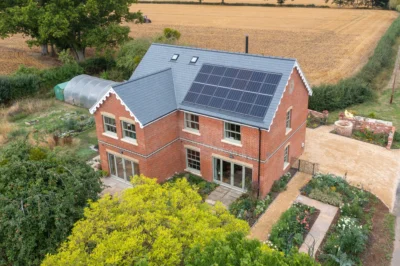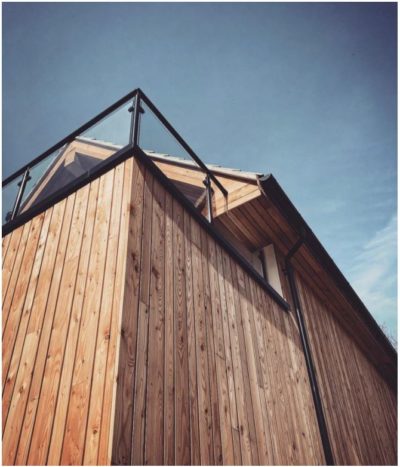How to Get Realistic Quotes from Builders
Whether it’s for a complete house build or a job undertaken by an individual trade, gathering quotes is a time-consuming but necessary part of your project. Simply accepting the first price you get from a general builder is a dangerous game because there’s a raft of reasons why prices can vary.
There will always be a difference between quotes for the same work, regardless of what kind of scheme you’re tackling – be it a new home or a simple extension. In this feature I’m looking at how to approach the process to ensure that you get the best possible value for money.
Estimate or quote
There’s a lot of confusion about the terminology used for pricing a job. To be clear, an estimate is just that: an educated but quickly reckoned and non-binding guess of what a job might cost. Estimates are common on renovation work where the full extent of work that needs to be done might not be obvious at first glance, and they can vary depending on what happens as the job progresses.
A fixed-price quote, meanwhile, is an agreed price based on work shown on a drawing or specification (and the accompanying terms and conditions). So provided nothing changes, that’s the final sum you’ll pay – but any variations to the spec will attract an ‘extra over’ cost.
Be clear about the work
The more information you give, the more accurate your quote will be; and it’s always better to know the likely costs at the start of the build, rather than suddenly find that extras have been added to the bill. If the full extent of the work wasn’t made clear in the original tender process (when you invite quotes), there’s a strong chance the resulting additional costs will render the original figure, and therefore your budget, meaningless.
Why do quotes vary so much?
If you send out the same information to several builders and ask for a price, you’ll soon find that you get different answers from each. There are several factors at play here, including:
Demand
In a rising market, where builders and tradesmen are highly sought after, there is always someone somewhere who will be willing to pay the going rate, even if you don’t want to. So it is in the interests of builders to price high. Conversely, during a slump in the construction industry, work can be hard to come by and prices reduce – so some trades will take anything they can get to keep their business afloat. It may seem counter-intuitive, but a recession is a great time to be a self-builder.
Single quotes
Contractors know some people only ask for one quote, typically from a local firm they trust. If they are particularly busy, these companies can offer a high quotation with impunity. Should it be accepted by the client, they make a lot of profit; or they might even sub-contract the job to another builder, taking a cut of the profit themselves. If their price is rejected, they will still have plenty of work to get on with elsewhere.
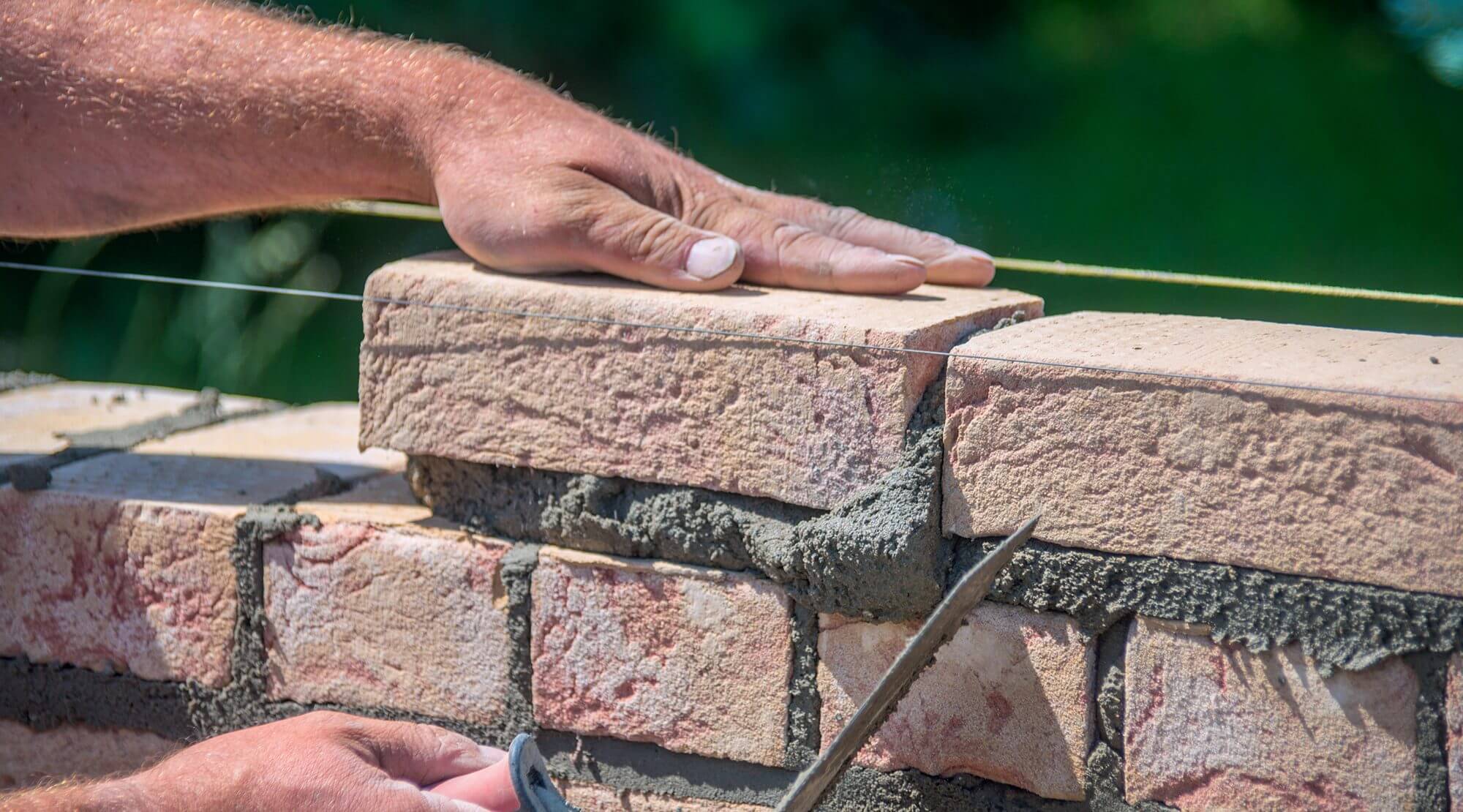
The loss leader
We’re often drawn to cheap quotes – but beware judging on price alone. Builders know that once they’ve started a job, it’s rare for them to be kicked off, so putting in a low price gets a foot in the door. The problem is, as the project progresses, extras appear for additional work not included in the original quote. Before long, that attractive price is a distant memory and you’re way over budget.
There’s a huge difference between a cheap quote and one that offers good value for money. If one is clearly lower than the rest, be extra careful before accepting. Alarm bells should start ringing if you see a single-liner offering a price but no supporting detail. Always ask for a full breakdown of the quote so you can see that everything is covered and compare like-with-like. Insist on verifiable references, too – you’re in cowboy territory so you need to be vigilant.
Risk
Constructing a simple house, comprising four walls and a gable roof, isn’t difficult. The big developers do it day-in and day-out, and they build these simple designs for a reason. They are quick and easy to put up and the risk of it going wrong is minimal, maximising the profit.
However, if you are contemplating creating a cutting-edge contemporary eco palace, boasting cantilevered balconies and a brand new structural system that’s all the rage in Japan, builders in the UK are going to see nothing but additional risk and will factor this into their prices. If it goes wrong and needs extra work to sort out, it won’t be at the expense of their profit margin, so the risk is factored in as a higher quote. Plus, of course, it’s a simple fact that complex designs will cost more to build.
Getting a reliable quote
One of the first things to do when pricing up a major project is to get a basic idea of the likely build cost. This service can be offered by your architect, designer or package house company, but will be very crude in the early stages as there is little detail of materials or finishes. Many will simply refer to the build cost tables that can be found in the self-build press, such as our online build cost calculator.
A step up from this is to use an estimating service. Using your plans and a series of algorithms, a basic price for all the materials and labour that will go into your scheme can be established which could then be used as a yardstick against other quotes. Build It’s own estimating service starts from just £249.
The Rolls-Royce solution is to go for a full quantity surveyor (QS) appraisal. This is not cheap, but will give you an accurate costing for your build, listing the materials and work to be done. A full QS report might cost between £1,000 and £2,500 but it can be used as the basis for tender documents (minus the prices, of course) so the builder has no excuses for missing out vital work in his quote.
Although it might seem expensive, getting this right from the outset can save you a lot of money in the long run, as it will quickly identify any elements of the contractor’s price that are obviously too high.
No-one works for free
While we would all love to get the lowest possible quotations, remember everyone who works on your project is there to make a profit out of you. This is how the industry works, and it’s not a bad thing, so you need to accept you’re dealing with businesses.
The art is to get the whole scheme completed within your budget (which should be set at a realistic figure but ideally less than the completed house will be worth on the open market). Depending on how the general economy is doing, a builder might make 20% profit or more on your project – although in a recession, I’ve seen people price at almost no margin at all because they need work simply to stay in business.
Fundamentally, if you get your house built within the budget you’ve set and to the quality standards you require, who cares who made what profit? Ultimately, you will have the home you want at the price you wanted to pay for it – and the chances are it will already be worth a good deal more than it cost to construct.
Do I need to call in three quotes?You’ll often be told to call in at least three quotes for any job you’ve got in mind. That’s fine in principle, but in practice it’s a time consuming task and you may find the market is so tight that they’re all very similar. If a quote looks reasonable, well thought-through and you’re happy with the price, why not accept it? Similarly, and notwithstanding the risk of the single quote route, you may know a good local trade who is the go-to person for a particular type of work, such as ceramic tiling. If so, it’s likely they’ll give you a decent price because local clients will be comparing notes and word will soon get around if someone has been treated unfavourably. If you’re getting a main contractor to take on the whole job for you, then you should of course obtain quotes from three to five general builders. And if you’re going down the individual trades route and don’t personally know the workers, calling in at least three is still the most sensible option. A note of caution: you may well be asked by builders how many others are quoting for the work. Be careful how you answer, as if you say there are 10 others in the running, they might see their chances of getting the job as so remote it’s not worth replying. Putting a quote together for a self-build or similar project is time consuming and potentially expensive for the builder, especially if they need to hire a QS. So they need to have a realistic chance of winning the work if they’re going to bid. |




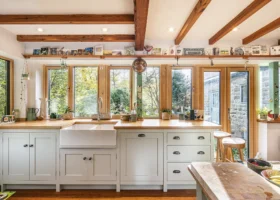








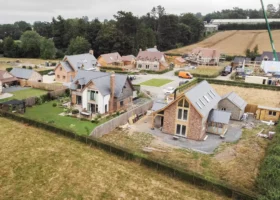
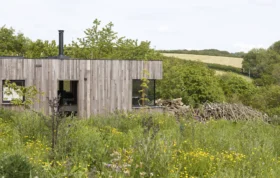


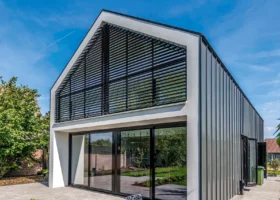


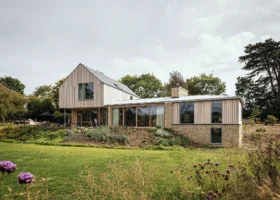

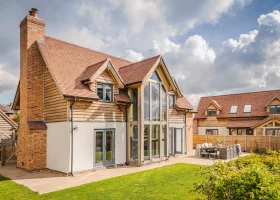


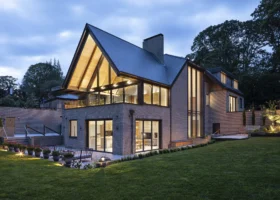
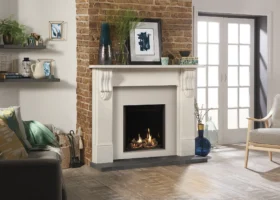










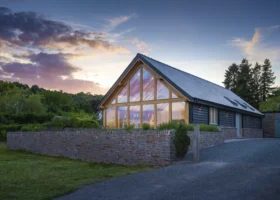

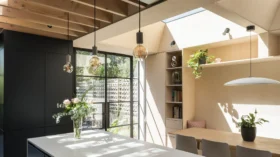



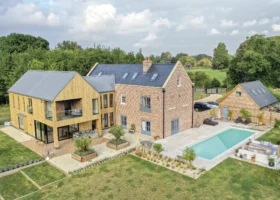

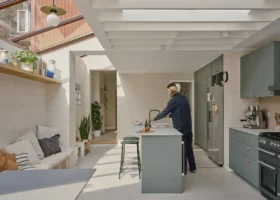
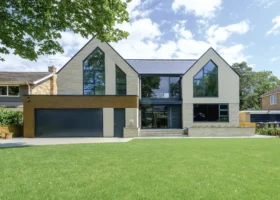

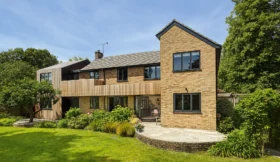


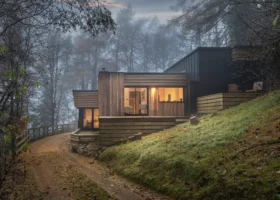

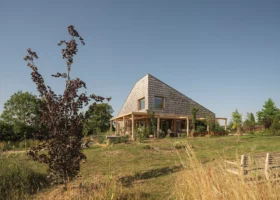
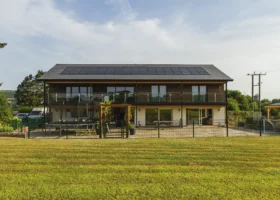
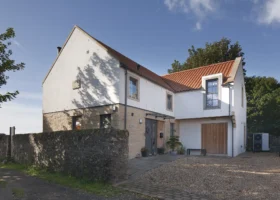


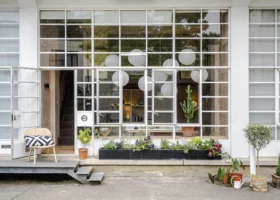
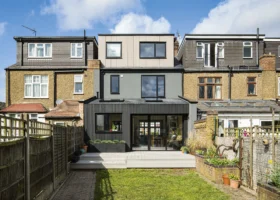

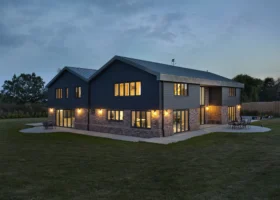





















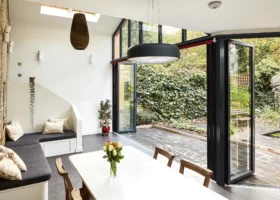




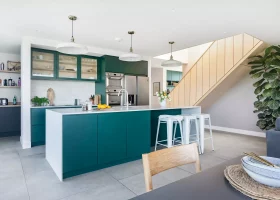










 Login/register to save Article for later
Login/register to save Article for later



